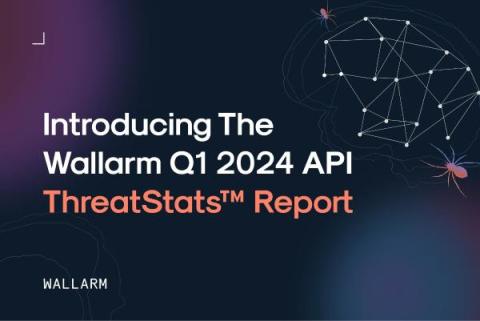CVE-2024-24919: Check Point's Quantum Gateway comes under Attack as Hackers exploit Zero-Day Vulnerability
Check Point Cybersecurity has issued hotfixes to address a zero-day vulnerability in its VPNs that has been exploited to gain remote access to firewalls and potentially infiltrate corporate networks. On 27.04.2024 (Monday), the company initially alerted customers to an increase in attacks targeting VPN devices, offering guidance on how administrators can safeguard their systems.











